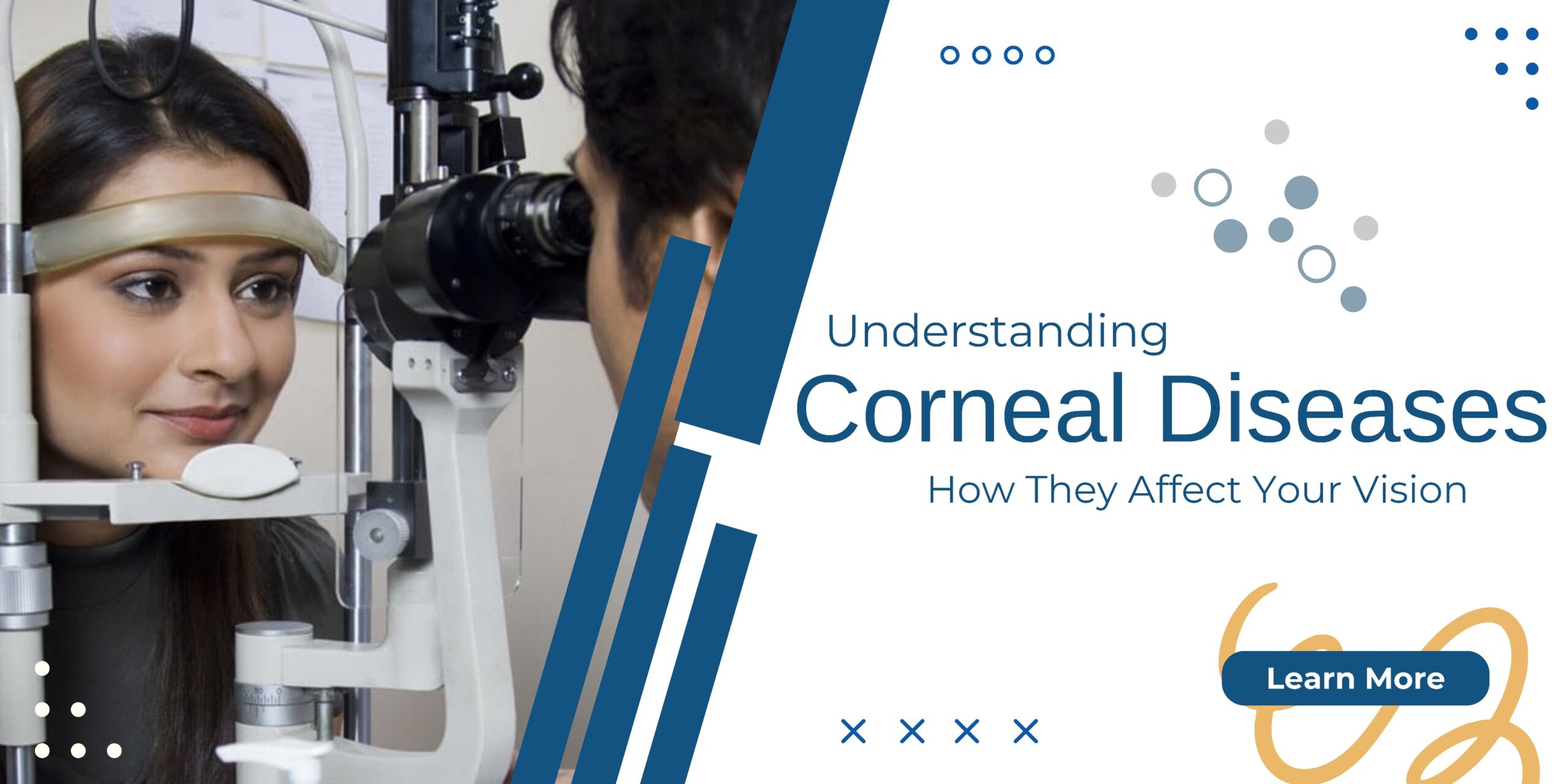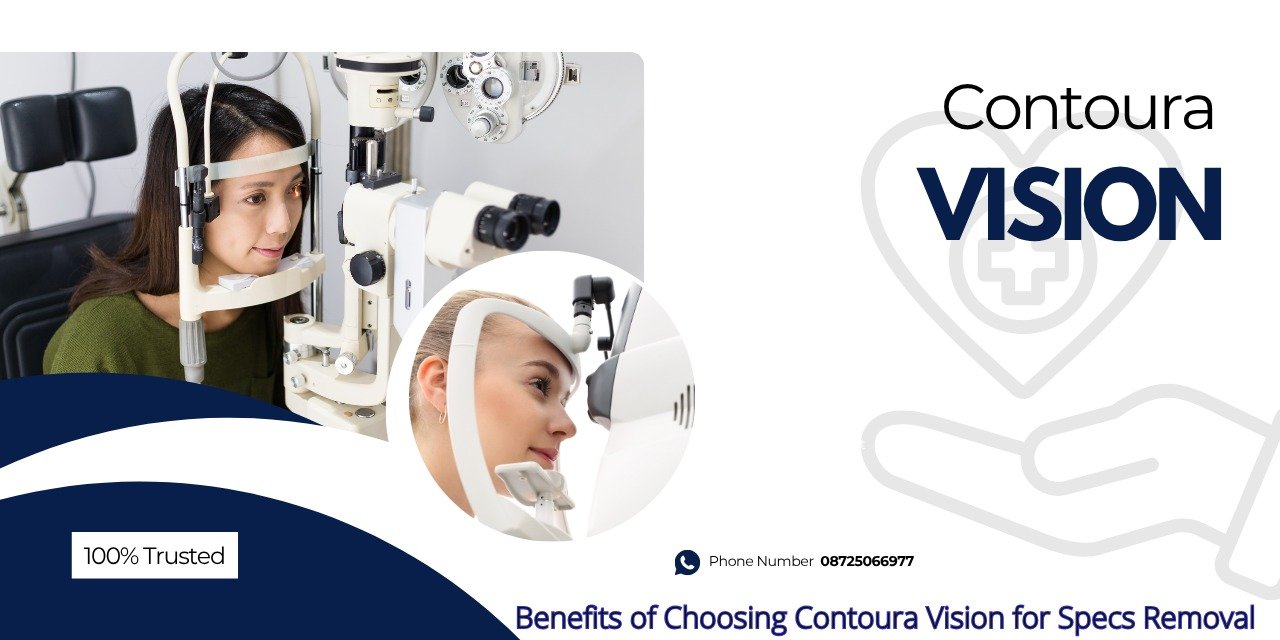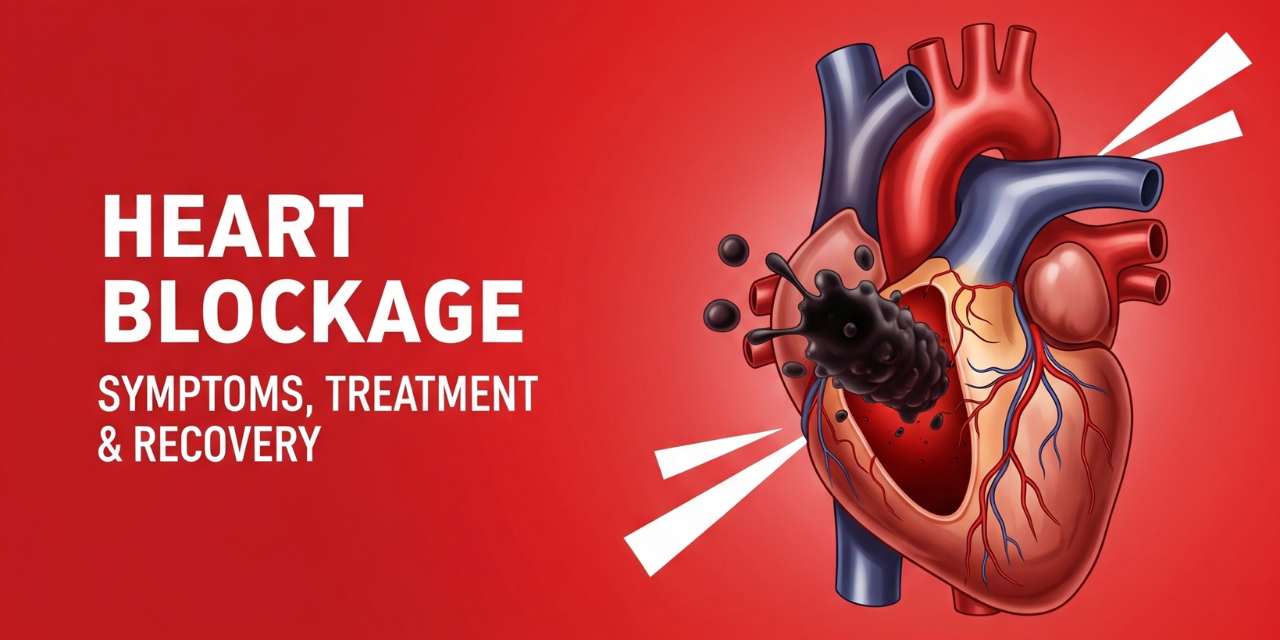When it comes to maintaining optimal vision, the health of the cornea is crucial. The cornea, the clear, dome-shaped front surface of the eye, plays a significant role in focusing light and protecting the inner structures of the eye. Corneal diseases can seriously impact vision, often leading to discomfort, blurred vision, and even vision loss if not addressed promptly. In this article, we’ll explore various corneal diseases, their symptoms, and the available treatments to manage these conditions effectively.
What is the Cornea?
The cornea is composed of five distinct layers: the epithelium, Bowman’s layer, the stroma, Descemet’s membrane, and the endothelium. Each layer has a specific function that contributes to the overall health and clarity of the eye. The cornea refracts light as it enters the eye, helping to focus it onto the retina, which sends visual information to the brain.
Common Corneal Diseases
- Keratoconus
Keratoconus is a progressive condition where the cornea thins and bulges into a cone-like shape. This abnormal shape distorts vision and can cause severe nearsightedness and astigmatism. Symptoms typically include blurred or distorted vision, increased sensitivity to light, and frequent changes in eyeglass prescriptions.
Treatment Options:
- Glasses or Contact Lenses: Early stages may be managed with corrective lenses.
- Corneal Cross-Linking: A procedure that strengthens the corneal tissue by applying riboflavin (vitamin B2) and ultraviolet light.
- Corneal Transplant: In advanced cases, a corneal transplant may be necessary to restore vision.
- Fuchs’ Dystrophy
Fuchs’ dystrophy is an inherited condition where the endothelium (the innermost layer of the cornea) deteriorates over time. This leads to fluid buildup, causing the cornea to swell and become cloudy, resulting in vision impairment.
Treatment Options:
- Medications: Hypertonic saline drops can reduce corneal swelling.
- Corneal Transplant: Descemet’s Stripping Endothelial Keratoplasty (DSEK) or Descemet Membrane Endothelial Keratoplasty (DMEK) are often performed to replace the damaged endothelial cells.
- Corneal Ulcers
Corneal ulcers are open sores on the corneal surface usually caused by infections, trauma, or underlying conditions like dry eye disease. They can lead to pain, redness, and discharge, and if left untreated, can result in permanent vision loss.
Treatment Options:
- Antibiotic or Antifungal Medications: To treat the underlying infection.
- Corneal Debridement: In severe cases, removing the damaged corneal tissue may be necessary.
- Topical Medications: Lubricants and anti-inflammatory drops may alleviate symptoms.
- Dry Eye Disease
Dry eye disease occurs when the eyes do not produce enough tears or when the tears evaporate too quickly. This condition can lead to inflammation and damage of the corneal surface. Symptoms include dryness, irritation, and a feeling of grittiness. For those seeking relief, corneal treatment in Chandigarh offers specialised care to manage and improve the symptoms of dry eye disease.
Treatment Options:
- Artificial Tears: Over-the-counter or prescription eye drops can help lubricate the eyes.
- Prescription Medications: Such as cyclosporine A (Restasis) or lifitegrast (Xiidra) to reduce inflammation.
- Punctal Plugs: Small devices inserted into the tear ducts to reduce tear drainage.
How to Prevent Corneal Diseases
To protect your cornea and maintain good eye health, follow these tips:
- Regular Eye Exams: Get your eyes checked regularly, especially if you have a family history of eye problems or wear contact lenses.
- Proper Contact Lens Care: Follow all guidelines for cleaning and wearing contact lenses.
- Wear Sunglasses: Protect your eyes from harmful UV rays with sunglasses.
Conclusion
Corneal diseases can significantly affect your vision and overall eye health. Understanding the symptoms and treatments for these conditions is essential for managing your eye health effectively. If you notice any changes in your vision or experience discomfort, consult Dr. Ashok Sharma at Cornea Centre promptly. With early intervention and proper care, many corneal conditions can be managed successfully, helping you maintain clear and healthy vision. To schedule a consultation or for more information, please contact +919855484495.













